Visceral Nation: Religion/Affect in Postsecular America
2014 Mellon Symposium, Organized by Donovan Schaefer
Friday, March 28th, 2014
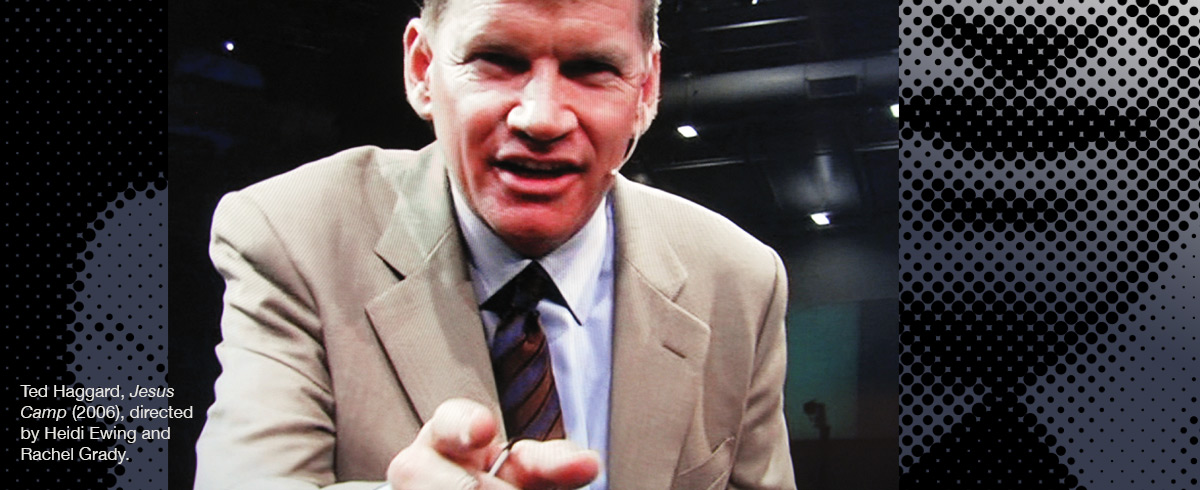
Religion, like other forms of power, feels before it thinks. If the secularization hypothesis was built on the presupposition that religion would dissolve as rationally organized knowledge advanced, then is postsecularism defined by affects?
The turn to affects—the things outside the domain of sovereign reason, whether emotions, images, or the unnamed forces that pass through bodies under the skin of language—helps to chart the landscape of post-secular America, the religious tinges of its media, its politics, its culture wars, and its atheisms. This symposium brings together scholars focusing on affect with specialists in American religion, broadly conceived, to consider questions emerging out of the intersection of postsecularism, affect, and American religion.
- How are secularism and postsecularism constituted not only by discourses, but by pre-linguistic embodied practices or what Raymond Williams called "structures of feeling"?
- How does thinking religion as affects refigure the predictions and calculations of secularism? Does affect disrupt secularism by inserting complex, messy bodies between the smooth lines of the public/private divide, or are there new ways of thinking secularism using affect in a postsecular context?
- Has America—with its traditions of Puritanism, millenarianism, Deism, Transcendentalism, and Protestant liberalism—always been postsecular?
- How does postsecularism unfold in the heterogeneous spaces of liberal democracy suffused by American capitalism?
- Are there particular affects associated with secularism? Or with postsecularism?
- Are there distinctly American religious affects that have conditioned the production of secularisms and postsecularisms?
Schedule
Thursday, March 27th
7:00 p.m.
Public Lecture—Chris Stedman
Chris Stedman is the Assistant Humanist Chaplain at Harvard University and the Coordinator of Humanist Life for the Yale Humanist Community. He is also the author of Faitheist, a memoir in which he explores the relationship between atheism and organized religion through the lens of his own experiences with both, passionately arguing for their cooperation.
Sponsored by the Distinguished Visitor Program
Stokes Auditorium
Friday, March 28th
All events in Stokes 102 unless noted otherwise.
9:30 a.m.
Breakfast
10:00 a.m.
Introductory Remarks
Donovan Schaefer, Haverford College
"Ethics Without God, Spirit Without Religion: Human Flourishing After the Death of Man"
Terrence Johnson, Haverford College
"God Keep our Land: The Hole in the Heart of Sovereignty"
Pamela Klassen, University of Toronto
12:00 p.m.
Lunch
Center for Peace and Global Citizenship Café
1:15 p.m.
"Secular Conversions and Nineteenth-Century Free Love"
Michael Millner, University of Massachusetts - Lowell
"Mourning as Practice of Resistance and Hope"
W. Anne Joh, Garrett-Evangelical Theological Seminary and Northwestern University
3:15 p.m.
Coffee Break
3:30 p.m.
"Democracy and Its Discontents: What feeling uncomfortable can (and cannot) teach us about social justice"
Ann Pellegrini, New York University
"Moods Monstrous and Genealogical"
John Lardas Modern, Franklin and Marshall College
5:30 p.m.
Comments and Discussion
Speakers
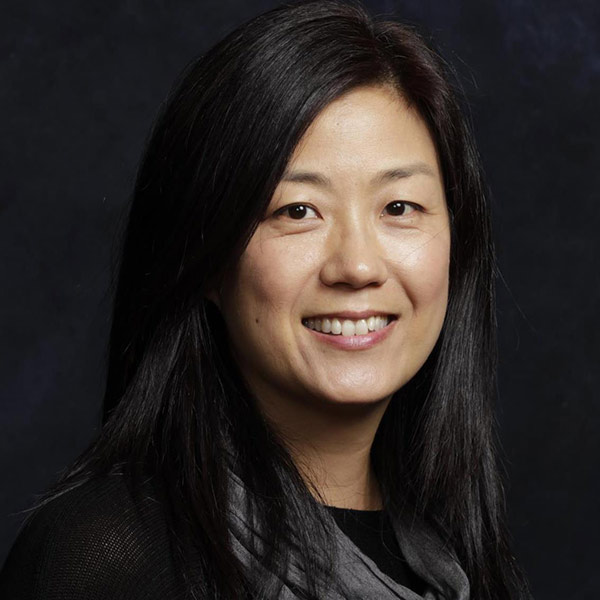
W. Anne Joh
W. Anne Joh received her PhD from Drew University in 2003 in theological and philosophical studies. She is the cochair of Theology and Religious Reflection Section of the American Academy of Religion as well as the faculty director of the Center for Asian/Asian American Ministry at Garrett-Evangelical Theological Seminary. Joh’s areas of research interests are at the intersection of postcoloniality, gender, affect theory, militarism, trauma, political theory and race, critical Cold War studies in relation to transpacific Asian America. She has written Heart of the Cross: A Postcolonial Christology (Westminster John Knox Press, 2006). Forthcoming are Terror, Trauma and Hope: A Spectrality of the Cross (Westminster John Knox Press) and a co-edited volume, Engaging the United States as a Military Empire: Critical Studies of Christianity from Asian/Asian North American Perspectives. Her contributed essays include “Teaching to Learn from the Other,” “Postcolonialism in Fugue: Contrapuntality of Asian American Experience,” “Loves’ Multiplicity: Jeong and Spivak’s Notes Toward Planetary Love,” “Interrogating Race, Class, Gender and Sexuality in Feminist Theology,” “Gender and Sexuality in Asian American/Pacific Islander (API) Religious and Theological Studies,” “Violence and Asian American Experience: From Abjection to Jeong,” and “Relating to Household Labor Justly.”
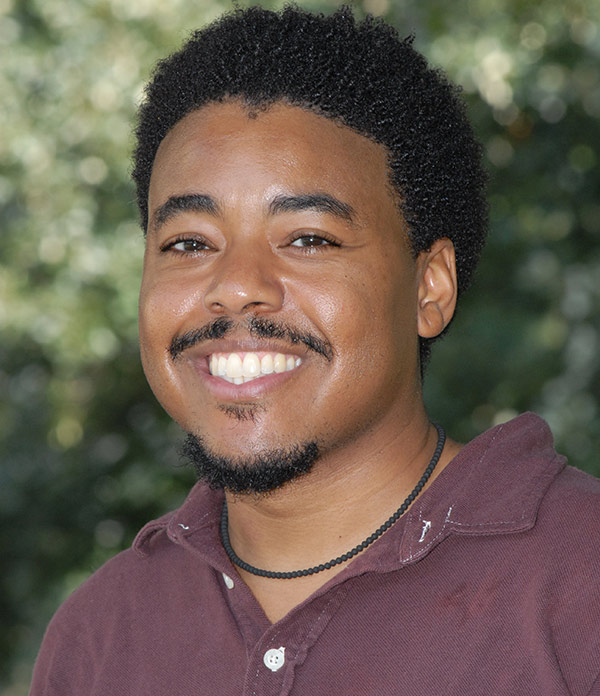
Terrence Johnson
Terrence L. Johnson, Associate Professor of Religion, joined Haverford in 2007. A graduate of Morehouse College, he received his M.Div. from Harvard Divinity School and his Ph.D. from Brown University. He is a recipient of the Christian R. and Mary F.Lindback Career Enhancement Minority Junior Faculty Grant, The Woodrow Wilson Foundation's Charlotte Newcombe Dissertation Fellowship and the Doctoral Fellowship from The Fund for Theological Education. His research interests include African American religions, ethics, and political theory.

Pamela Klassen
Pamela Klassen is Professor in the Departments of Study of Religion and Anthropology and Acting Director of the Jackman Humanities Institute at the University of Toronto. Her research has focused on the anthropology of religion and medicine, women and gender studies, and the history of missions and colonialism in North America. She is the author of several books, including Blessed Events: Religion and Home Birth in America (Princeton U.P., 2001) and Spirits of Protestantism: Medicine, Healing, and Liberal Christianity (University of California Press, 2011), which won a 2012 AAR Award of Excellence. Together with Courtney Bender she edited After Pluralism: Reimagining Religious Engagement (Columbia U. P., 2010). Her current book project focuses on storytelling, confession, and mediation in encounters between Christian missionaries and First Nations in Canada.
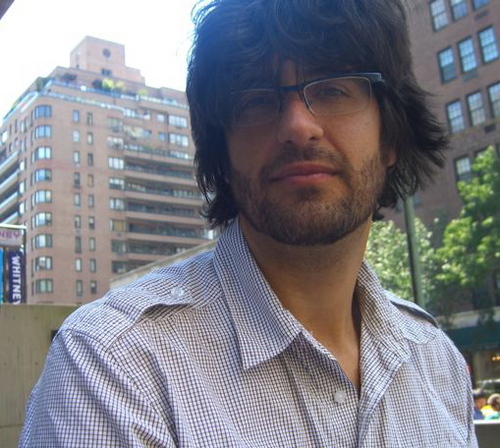
John Modern
John Lardas Modern is Associate Professor of Religious Studies at Franklin & Marshall College. His research interests broadly encompass American religious history, literature, technology, and aesthetics. Modern is the author of two books, Secularism in Antebellum America (University of Chicago Press 2011) and The Bop Apocalypse: The Religious Visions of Kerouac, Ginsberg, and Burroughs (University of Illinois Press 2001). Modern is a contributing editor for The Immanent Frame and co-curator of Frequencies. Modern's current work is funded by the Social Science Research Council as part of their New Directions in the Study of Prayer initiative. John owns an impressive collection of evangelical vinyl and is working on a book, tentatively entitled The Religion Machine; or, a particular history of cognitive science.
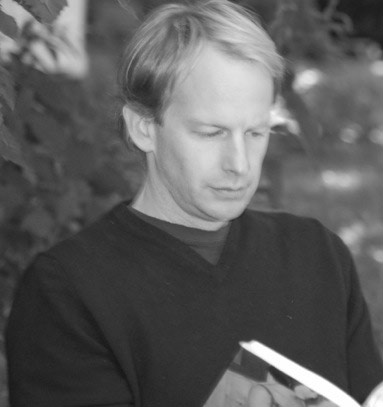
Michael Millner
Michael Millner is Associate Professor of English and American Studies at the University of Massachusetts Lowell, where he also serves as Co-Director of the American Studies Program and as Director of The Jack and Stella Kerouac Center for the Public Humanities. Millner is the author of Fever Reading: Affect and Reading Badly in the Early American Public Sphere (2012), in addition to work appearing in ESQ, American Quarterly, New Literary History, Arizona Quarterly, and other journals. His scholarship is often situated at the intersection of cultural production and political theory, with special interests in public-sphere theory, history of the book and reading, and globally oriented literary studies. In his position as Director of the Kerouac Center, Millner has served as primary investigator on a number of grant-funded public humanities projects where he works closely with local museums, archives, and civic groups. One of his primary interests in this public humanities work is the orchestration of digital projects which offer innovative scholarship to a general, non-professional audience. He teaches courses in transatlantic literary history, cultural theory and methodology, digital humanities, museum studies, the Arab novel, the literature of war, LGBQ theory and culture, and the history of American popular culture.

Ann Pellegrini
Ann Pellegrini is Associate Professor of Performance Studies and Religious Studies at New York University, where she also directs the Center for the Study of Gender and Sexuality. She is the author of Performance Anxieties: Staging Psychoanalysis, Staging Race (Routledge, 1997); co-author, with Janet R. Jakobsen, of Love the Sin: Sexual Regulation and the Limits of Religious Tolerance (NYU Press, 2003; Beacon Press, 2004); and co-author, with Michael Bronski and Michael Amico, of "You Can Tell Just By Looking" and 20 Other Myths about LGBT Life and People (Beacon Press 2013). She has also co-edited two anthologies: Queer Theory and the Jewish Question (Columbia University Press, 2003); and Secularisms (Duke University Press, 2008). She is currently completing her new book, Excess & Enchantment: Queer Performance Between the Religious and the Secular.

Chris Stedman
Chris Stedman is the author of Faitheist: How an Atheist Found Common Ground with the Religious, "an intimate and deeply affecting portrait... [that] proves [he is] an activist in the truest sense and one to watch" (Booklist, Starred Review). The inaugural Coordinator of Humanist Life for the Yale Humanist Community, Chris is also the Assistant Humanist Chaplain at Harvard University and the Values in Action Coordinator for the Humanist Community at Harvard (where he was previously the inaugural Interfaith and Community Service Fellow). He is the atheist columnist for Religion News Service, Emeritus Managing Director of State of Formation at the Journal of Inter-Religious Dialogue, and founder of the first blog dedicated to exploring atheist-interfaith engagement, NonProphet Status.
Organizer
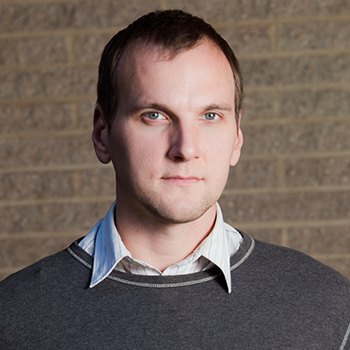
Donovan Schaefer
Donovan Schaefer is the 2012-2014 Mellon Postdoctoral Fellow at the Hurford Center for the Arts and Humanities at Haverford College, and Visiting Assistant Professor of Religion. His work focuses on approaches to postsecularism from affect theory and the life sciences. His monograph, Animal Religion: Evolution, Embodiment, and the Affective Turn in Religious Studies, completed while in residence at HCAH, will be published next year by Duke University Press.